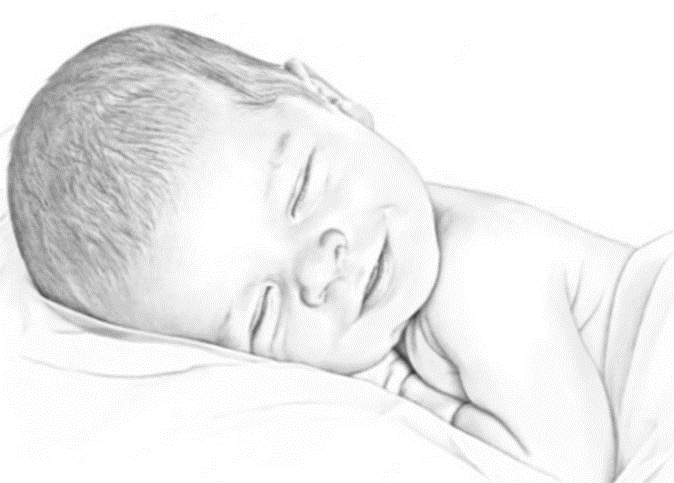The Most Excellent Use
Women and the Most Excellent of Uses
I Kings 3:26-27. And the woman whose son was the living one said unto the king [Solomon], because her compassions yearned over her son, and she said, In me my lord, give her the living child, and do not make him dying be put to death. But the other said, Let it not be even mine or even thine; sever it. And the king answered and said, Give her the living child, and do not make him dying be put to death; she is his mother.
CL 223. That [the conjugial] sphere is received by the female sex, and through this is transferred into the male sex. That there is no conjugial love with the male sex, but that it is solely with the female sex and from this sex is transferred into the male, I have seen attested by experience; of which above at n. 161, with which the following reason also accords: That the masculine is an intellectual form and the feminine a volitional form, and an intellectual form cannot of itself grow warm with conjugial heat, but from the conjunctive heat of one in whom it is implanted by creation. Therefore it cannot receive that love except through the volitional form of a female adjoined to itself, because this also is a form of love.
This same might be more fully confirmed from the marriage of good and truth; and before the natural man from the marriage of the heart and lungs, because the heart corresponds to love, and the lungs to wisdom. But as very many are deficient in knowledge of these things, confirmation by them might rather darken than illustrate. It is from the passing over of this sphere from the female to the male sex that the mind is enkindled even by the mere thought of the sex. That thence also is propagative formation, and thus excitation, follows. For on the earth unless heat is added to light nothing flourishes, or is incited to cause any fructification there.
CL 393. That this sphere principally affects the female sex, thus mothers, and the male sex, or fathers, from them. This comes from the same origin spoken of before, that the sphere of conjugial love is received by women, and through women is transferred into men, because women are born loves of the understanding of men and the understanding is the recipient. It is similar with the love of infants, because this by origin is from conjugial love. That mothers have a more tender and fathers a less tender love is known. That the love of infants is inscribed upon conjugial love into which women are born, is manifest from the lovely and winning affection of little girls for infants, and for the images of them which they carry about, dress, kiss, and press to their bosoms. Boys have no such affection. It appears as if mothers have the love of infants from the nourishing of them in the womb out of their own blood, and thence the appropriation to them of their own life, and thus from sympathetic union; but yet this is not the origin of that love, for if, unknown to the mother, another infant were substituted for the true one after birth, it would be loved with equal tenderness as if it were her own. Besides, infants are sometimes loved by nurses more than by their mothers. It flows from these considerations, that this love is from no other source than the conjugial love inherent in every woman….
CL 410. That the love of little children continues after death, especially with women. As soon as little children are resuscitated, which takes place immediately after death, they are taken up into heaven, and are handed over to the care of angels of the female sex who in the life of their body in the world loved little children, and at the same time feared God. These angels, because they loved all little children with maternal tenderness, receive them as their own; and the little children there, as if from inherent affection, love them as their own mothers. As many little children are with them as they desire from spiritual, maternal love.
Questions and Comments
- Thinking from these passages, what would happen to the most excellent of uses if women were not at the center of this use?
- “There is no conjugial love with the male sex, but that it is solely with the female sex and from this sex is transferred into the male” (CL 223). How does this teaching compare to your experience?
- What does the story from I Kings in the beginning of this section teach us about the love of infants?
- It seems that a New Church culture would especially cherish infants because of these teachings. How can we encourage such a culture within the church?
- How can we promote and share these teachings with others not familiar with them in a popular culture that can be unfriendly to such ideas?
| previous |  |
next |
|---|


